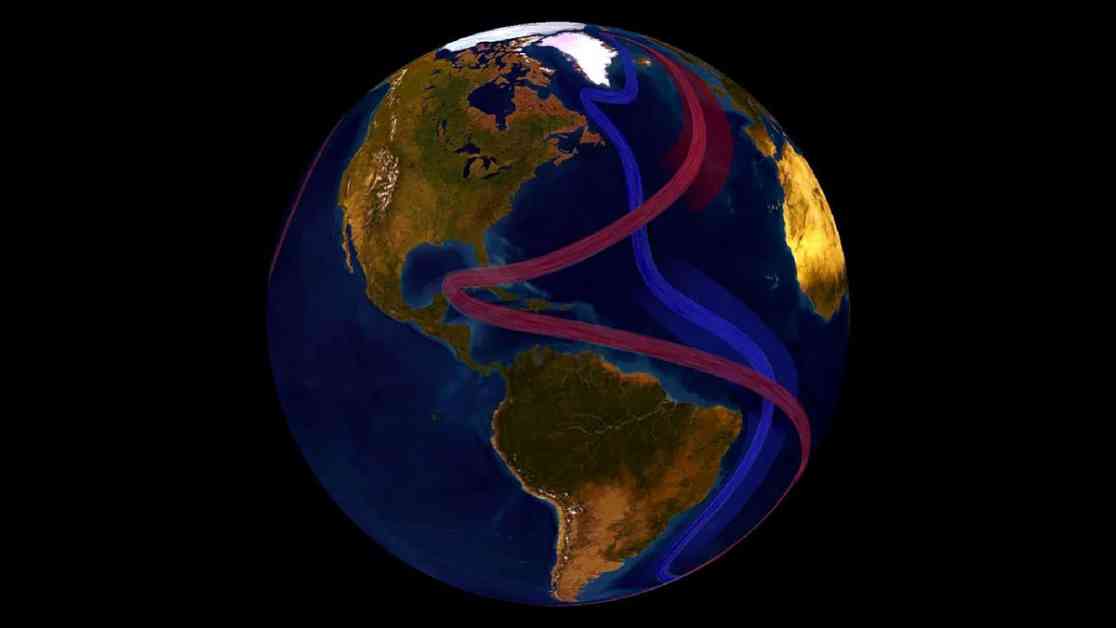Forty-four leading climate scientists have issued a warning about the potential collapse of the Atlantic Meridional Overturning Circulation (AMOC), including the Gulf Stream. This giant ocean conveyor belt plays a crucial role in transporting heat to the Northern Hemisphere, but research shows that it is slowing down due to global warming. The scientists emphasize that the risks of a weakened ocean circulation system in the Atlantic have been underestimated and require immediate action.
The consequences of an AMOC collapse would be devastating and irreversible, particularly for Nordic countries like Denmark, Iceland, Norway, Finland, and Sweden. This collapse could lead to major cooling and extreme weather in these regions, exacerbating the already existing “cold blob” over the eastern North Atlantic. Additionally, collapsing ocean currents could have widespread impacts across the Northern Hemisphere, affecting agriculture in Northwestern Europe and triggering a southward shift in tropical monsoon systems.
The letter from the scientists also highlights the potential impacts on other regions, such as increased sea levels along the American Atlantic coast and disruptions to marine ecosystems and fisheries. While the IPCC’s latest report suggests that an abrupt collapse of the AMOC before 2100 is unlikely, the scientists stress that the uncertainty surrounding these predictions is cause for concern.
In their letter to the Nordic Council of Ministers, the scientists urge policymakers to take the risks of an AMOC collapse seriously and to advocate for stronger international cooperation to meet the goals of the Paris Agreement. They emphasize the need for more decisive action to minimize the risk of a collapse that could have long-lasting consequences for the entire world.
It is crucial for governments and organizations to heed the warnings of these experts and prioritize efforts to mitigate the effects of climate change on ocean circulation systems. The potential collapse of the AMOC is a stark reminder of the urgent need for global action to address the challenges posed by a warming planet.




